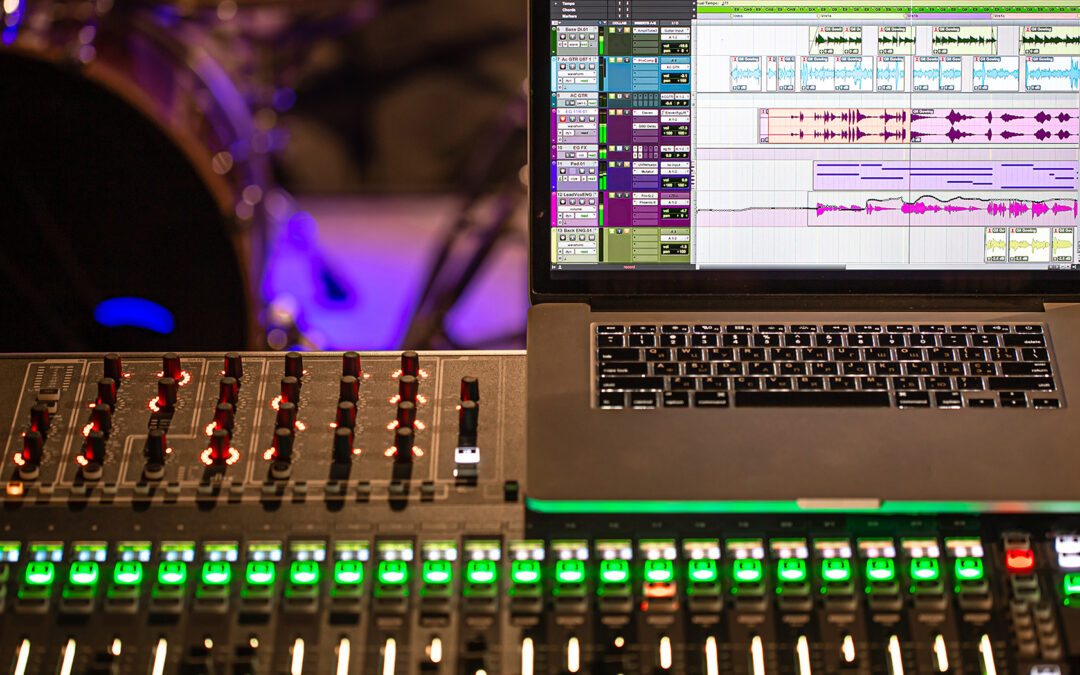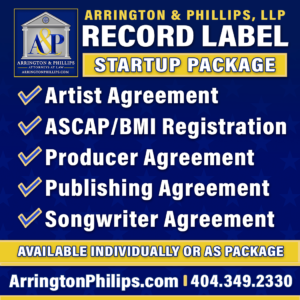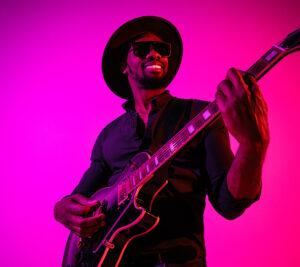In the not-too-distance future, when a new recording artist seizes the spotlight with hit songs, a huge social media following and sold-out venues, it won’t be a human being. It’ll be a performer whose lyrics, melodies and voice are solely created by artificial intelligence (AI). We’re already seeing hints of this with virtual artists such as metaverse avatars, hybrid performers that rely on a combination of AI and human talent. Beyond music, there’s also been the emergence of AI products that create realistic digital images based on a natural language sentence provided by the user.
Technology is not new to music. From Bob Dylan going electric to autotune to Pro Tools, technology has played a fundamental role in shaping how music is played, how songs are recorded and what listeners ultimately hear. But AI-generated performers and music have the potential to completely remove human input. Once we pass the threshold, we’ll be forced to confront a host of novel questions about how non-human music creators will be treated. Will they be paid? Who will own the copyright to their songs? Will they be eligible to win awards such as a Grammy?
AI-Generated Art Will Challenge Copyright Standards
Copyright law and policy have typically given little weight to non-human artists. In 2019, the U.S. Copyright Office rejected a copyright claim for a piece of AI-generated art, stating that it “lacks the human authorship necessary to support a copyright claim.” Just a few years prior to that, the Copyright Office rejected claims that a monkey that took a selfie with a camera should be the picture’s rightful copyright owner. While this principle hasn’t been tested for AI-generated music, these precedents likely mean an AI-generated artist may not receive performance rights royalties if it creates a hit song.
In other words, the already complicated business of music is about to face a new challenge—and I’d argue that challenge is already here. For example, electronic composer Artificial Intelligence Visual Artist (AIVA) is composing classical music by analyzing the patterns in 30,000 scores. What happens when AI-generated music breaks through on the charts and the AI’s creator wants to get paid? Is the programmer really the author of that work? Moreover, what recognition should the underlying scores that fed the machine receive, including attribution and royalties?
It’s these types of issues that will shape the decisions we make as an industry and a society about this new era of music. Combine that with other ways technology is influencing the industry—from the metaverse to Web3—and it’s clear we need to rethink the existing laws, rules and business models that govern the economics of listening to music. These considerations are the reason why, in October 2022, U.S. senators Thom Tillis and Chris Coons called for the formation of a national AI commission.
Today, our sources of music come from many types of entities: bands, duets, solo acts, the living and the dead. Soon, we must contend with the emergence of a new artistic entity: the created. Now is the time to use our good old human intelligence to build the pathway that fits AI into a bright future.









